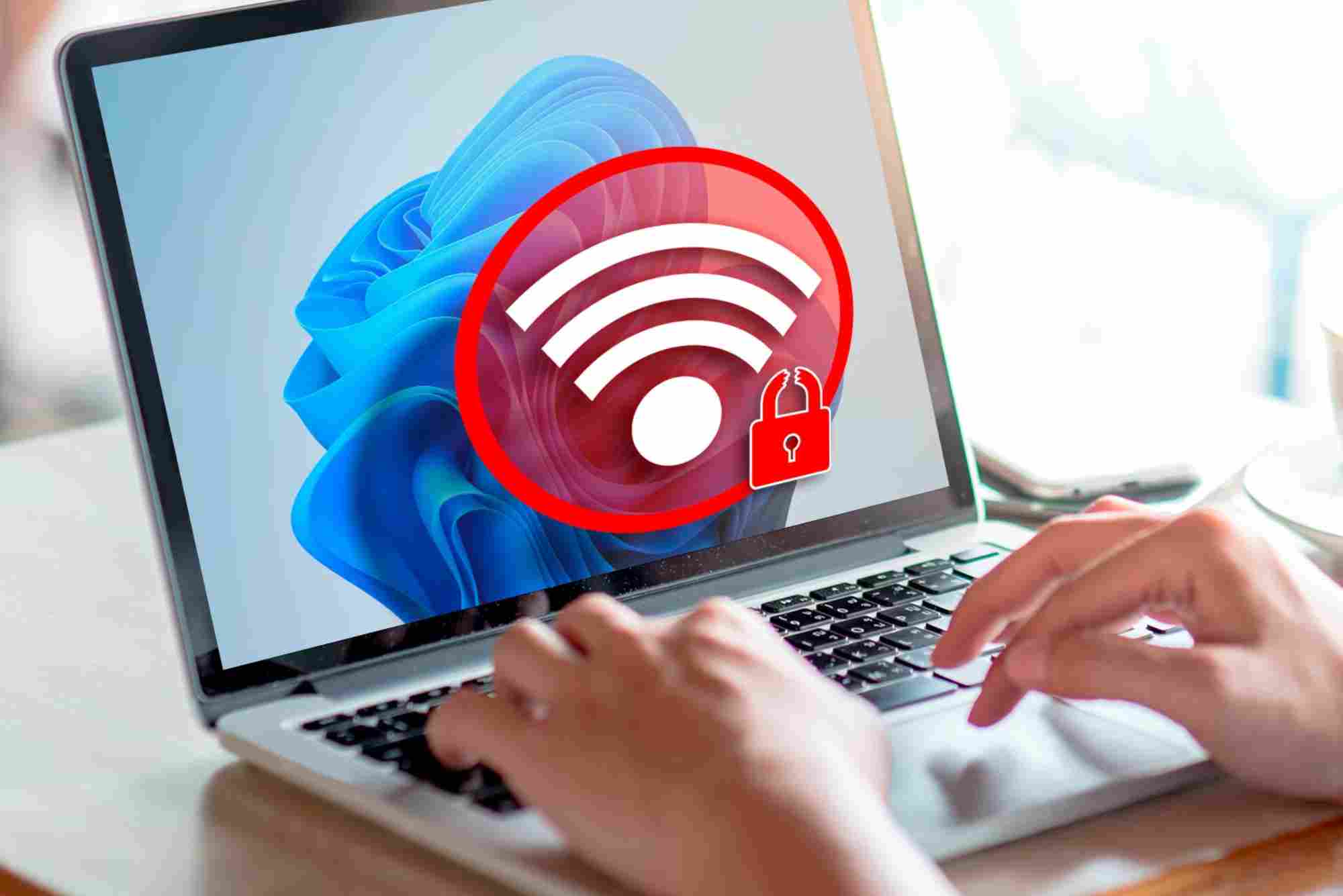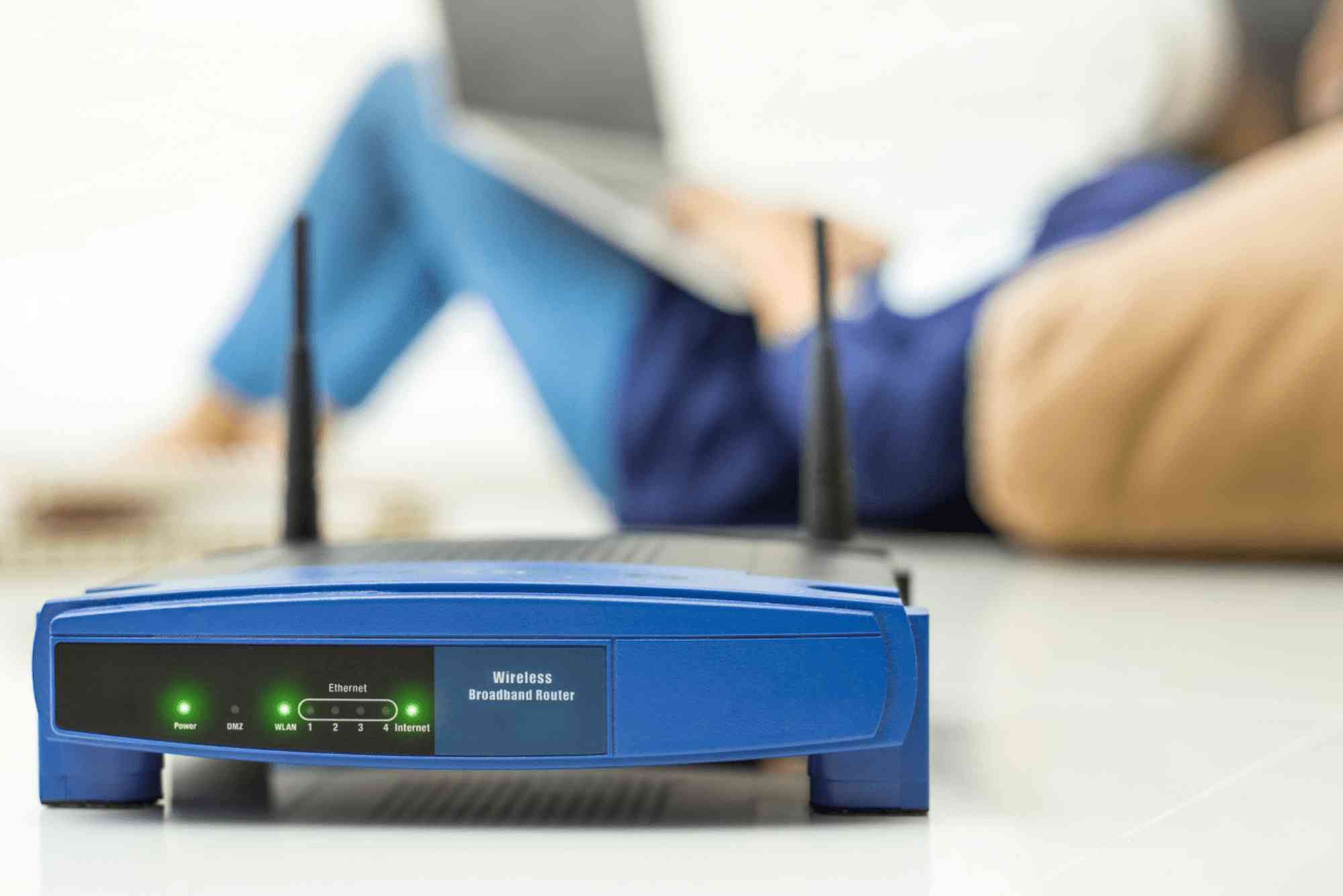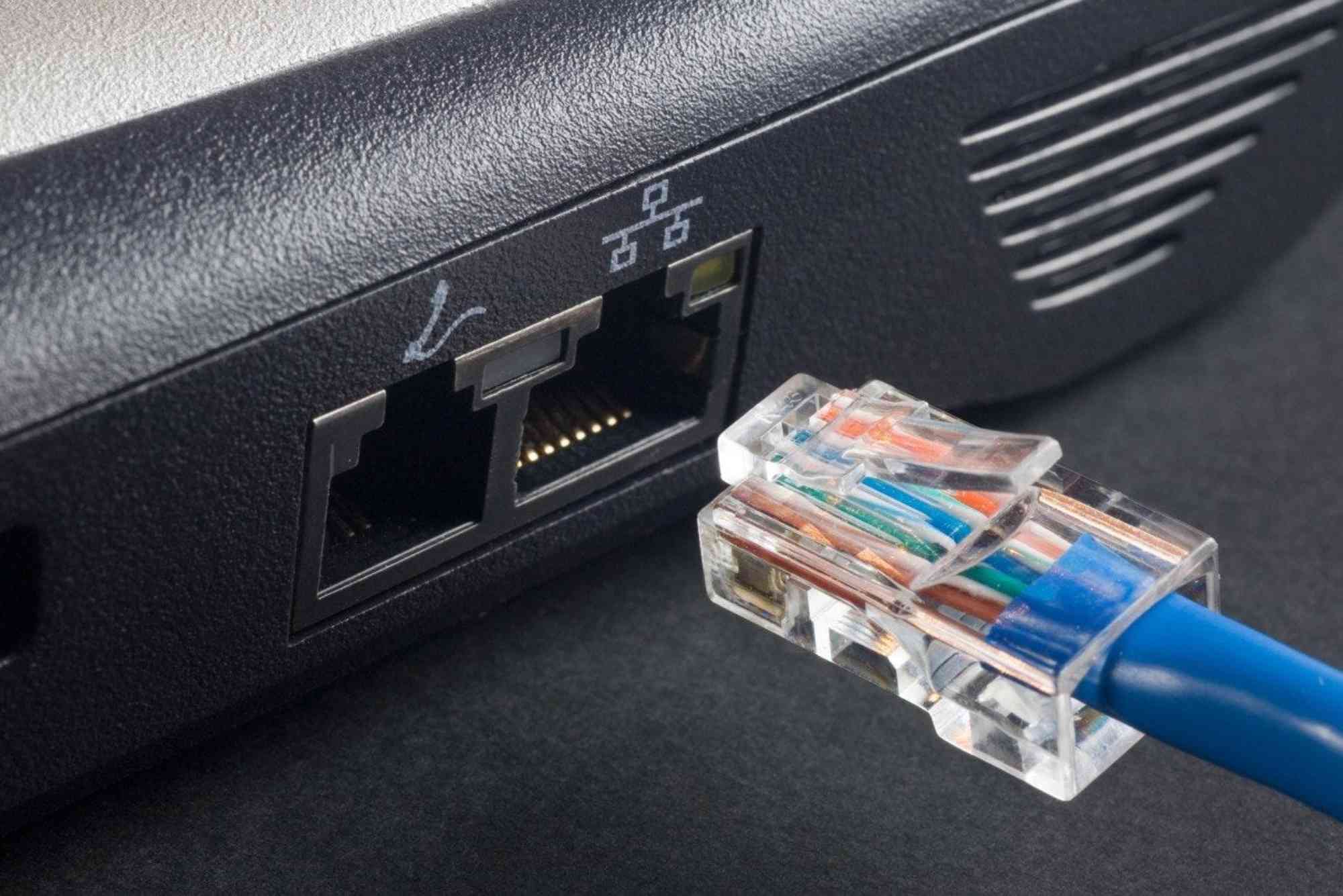How to Setup a Static IP Address With Your ISP
When you connect to the internet, your Internet Service Provider (ISP) assigns you an IP address. Most connections use a dynamic IP address, which changes periodically. However, many individuals and businesses prefer a static IP address for reliability, remote access, and hosting purposes. Understanding ISP static IP setup can seem technical at first, but with the right guidance, it is straightforward and beneficial.
What is a Static IP Address?
An IP address is a unique number assigned to each device connected to the internet. It allows devices to communicate with websites, servers, and other devices. A static IP address remains fixed, unlike a dynamic IP that changes every time you reconnect. ISPs assign dynamic IPs by default because it is efficient for large networks. However, static IPs are essential in cases where stability and accessibility are critical.
Why Choose a Static IP Address?
There are multiple reasons why businesses and even home users request a static IP. Remote workers often need consistent access to office systems, servers, or security cameras. Online gamers benefit from reduced latency and stable sessions when using static IP addresses. Hosting websites, email servers, or FTP servers also requires a fixed IP to avoid disruptions. Additionally, static IPs make it easier to configure Virtual Private Networks (VPNs) and VoIP services, ensuring secure communication.
Understanding ISP Static IP Setup
The process of ISP static IP setup begins with a request to your internet provider. Not all ISPs provide static IPs for residential customers, but most offer them for business packages. Some charge an extra monthly fee while others include it with premium services. Once granted, the ISP provides you with IP details including the IP address, subnet mask, default gateway, and DNS servers. These details must be configured manually on your modem, router, or computer.
Steps for Setting Up a Static IP With Your ISP
Request a Static IP From Your ISP
The first step in ISP static IP setup is contacting your provider. Explain your need for a static IP, and they will provide options. Some ISPs like Dhanote Internet Services make this process simple, offering flexible packages to meet both residential and business needs. After approval, you will receive the required network information to configure your device.
Gather the Required Information
Your ISP typically provides four pieces of data:
-
Static IP Address
-
Subnet Mask
-
Default Gateway
-
Primary and Secondary DNS
Keep these details ready before configuring your device.
Configure Your Router
Most users prefer setting up the static IP at the router level so all connected devices share the same configuration. To do this, log into your router’s admin panel using a web browser. Locate the WAN or Internet settings section. Choose the option for static IP or manual configuration. Enter the details provided by your ISP carefully. Save the changes and restart the router to apply settings.
Configure on a Computer (Optional)
In some cases, users may want to assign the static IP directly on a computer. On Windows, this can be done by opening the Network and Sharing Center, selecting the active network, and navigating to Internet Protocol Version 4 (TCP/IPv4) properties. Switch from automatic to manual configuration and enter the details. On macOS, go to System Preferences, select Network, then manually enter the static IP information.
Test Your Connection
Once configured, test your connection by visiting websites and checking your IP address using online tools. Ensure that the IP matches the one assigned by your ISP. If you encounter issues, verify the details or contact your provider for support.
Benefits of ISP Static IP Setup
A static IP offers significant advantages for individuals and organizations. First, it provides a consistent online identity, which is crucial for remote workers accessing office servers. Businesses hosting websites or cloud services require stable IP addresses to avoid disruptions. Remote security monitoring becomes easier with a fixed IP since cameras can always be accessed through the same address. Online gaming sessions are also more reliable with reduced lag. Finally, VPN configuration becomes seamless because static IPs ensure secure and uninterrupted connections.
Potential Drawbacks of a Static IP
While static IPs are beneficial, they are not always necessary for everyone. One drawback is cost, as ISPs often charge extra. Additionally, static IPs can make networks more vulnerable to hacking since the address never changes. Proper security measures such as firewalls and VPNs are essential. For casual internet browsing, streaming, or social media, a dynamic IP is usually sufficient. Understanding your needs before requesting a static IP helps avoid unnecessary expenses.
Use Cases of Static IP Addresses
Businesses and advanced home users often rely on static IP addresses for critical applications. Companies hosting servers for email, websites, or cloud storage require fixed addresses to ensure reliable access. Developers running test environments prefer static IPs for stability. Remote employees connecting to company VPNs use static IPs for secure logins. Smart home enthusiasts also benefit from static IPs when accessing security systems and smart devices remotely.
Troubleshooting Common Issues
During ISP static IP setup, some users encounter problems. If your connection drops, recheck the IP details entered. A common mistake is entering an incorrect subnet mask or gateway. If DNS errors occur, try using public DNS services like Google DNS or Cloudflare while keeping your static IP. Restarting the router often resolves temporary glitches. When issues persist, contacting your ISP is the best solution since they can verify if the configuration matches their network.
Static IP vs Dynamic IP: Which is Right for You?
Dynamic IPs are sufficient for most home users who browse, stream, and use social media. They are cost-effective, automatically assigned, and offer some level of protection since the IP changes frequently. Static IPs, on the other hand, are essential for professionals, gamers, businesses, and remote workers. Choosing between the two depends on your internet usage. If you plan to host servers, manage remote systems, or require stable connections, a static IP is worth the investment.
Security Considerations for Static IPs
Since static IP addresses remain fixed, they can be targeted by hackers. This makes strong security practices essential. Always enable your router’s firewall and use strong, regularly updated passwords. Consider using a VPN for added privacy. Keep your devices updated to prevent vulnerabilities. Businesses should also consider intrusion detection systems to protect their networks.
Setting up a static IP with your ISP can enhance your online experience by providing stability, accessibility, and control. Whether for business hosting, remote access, or gaming, a static IP ensures reliable connectivity. While there are costs and security considerations, the benefits often outweigh the drawbacks for those who need consistent connections. If you are considering an ISP static IP setup, reach out to your provider or explore reliable options like Dhanote Internet Services. A stable internet connection begins with the right setup, and a static IP could be the solution you need.
FAQs
Do all ISPs offer static IP addresses?
Not all ISPs provide static IPs to residential users. Many restrict them to business plans. Contact your provider to confirm availability.
Is a static IP better for gaming?
Yes, a static IP reduces connection drops and improves reliability, making it ideal for online gaming.
Can I switch from dynamic IP to static IP anytime?
In most cases, yes. You can request a static IP from your ISP, and they will provide setup details.
Does a static IP improve internet speed?
No, static IPs do not directly increase speed. However, they improve connection stability and accessibility.
Is it safe to use a static IP?
It is safe if proper security measures like firewalls, VPNs, and antivirus software are in place.
Can I set up a static IP without contacting my ISP?
You can configure a static IP locally, but for true ISP static IP setup, you must request one from your provider.







